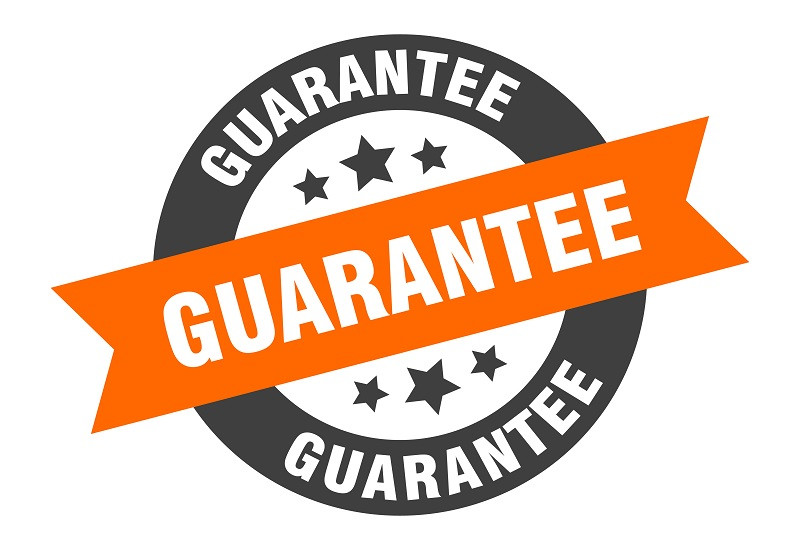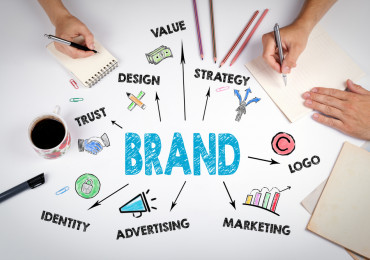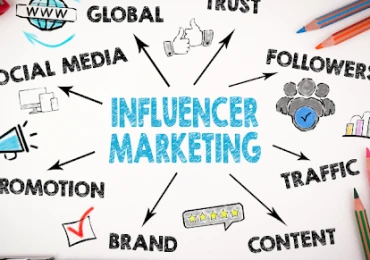
It is a marketing strategy that relies on providing guarantees to customers to reduce their sense of risk when purchasing a particular product or service. This type of marketing aims to build trust between the company and the customer by providing specific promises such as a money back or a quality guarantee.
Characteristics:
- Clarity of the offer: Guarantees are usually clear and specific, making it easy for customers to understand what they can expect.
- Enhancing trust: Marketing with guarantees increases customers' trust in the brand by committing to providing quality products or services.
- Long-term commitment: Providing guarantees requires a long-term commitment by the company to ensure the quality of the product or service in the long term.
- Competitiveness: Guarantees are an effective way to differentiate themselves from competitors, especially in saturated markets.
Benefits and features:
- Increased sales: Marketing with guarantees increases the likelihood of the customer making a purchase decision thanks to a sense of security.
- Building customer loyalty: It helps build customer loyalty by ensuring a positive buying experience.
- Reducing complaints: By providing guarantees, companies can reduce the number of complaints by providing proactive solutions to potential problems.
- Attracting new customers: Warranties can be an attractive factor for new customers looking for reassurance in the purchase process.
Cons:
- Additional cost: Providing warranties may require additional costs for the company, especially if the warranties include money back or free repairs.
- Potential for abuse: Some customers may abuse warranties for personal gain.
- Difficulty in enforcing: Sometimes, warranties can be difficult to enforce effectively in all cases, leading to customer dissatisfaction.
- Financial risk: The company may suffer financial losses if warranties are overused by customers.
Types:
- Money back guarantee: If the customer is not satisfied with the product, they can get a full refund.
- Quality guarantee: A promise that the product meets certain standards of quality.
- Service guarantee: Providing free or discounted after-sales services for a specified period.
- Replacement guarantee: Replacing the product for free if it is defective.
Examples:
- Amazon: Offers a 30-day money back guarantee for any product purchased.
- Nike: Offers a warranty to replace sneakers if they have manufacturing defects.
- Kia Motors: Offers a 10-year warranty on new cars.
- Zappos: Offers a refund or exchange within one full year of purchase.
Marketing with warranties is a powerful tool to build customer confidence and increase sales. By offering clear and attractive warranties, companies can differentiate themselves from competitors and attract new customers while keeping existing ones happy. However, companies must be prepared to bear the potential costs and risks that may result from offering these warranties to ensure the desired results.

01/09/2024

15/08/2024

15/08/2024

20/08/2024

23/08/2024

30/08/2024

17/08/2024

14/08/2024

01/09/2024

14/08/2024

15/08/2024

01/09/2024

30/08/2024

01/09/2024

17/08/2024

22/08/2024

30/08/2024

30/08/2024

30/08/2024

20/08/2024